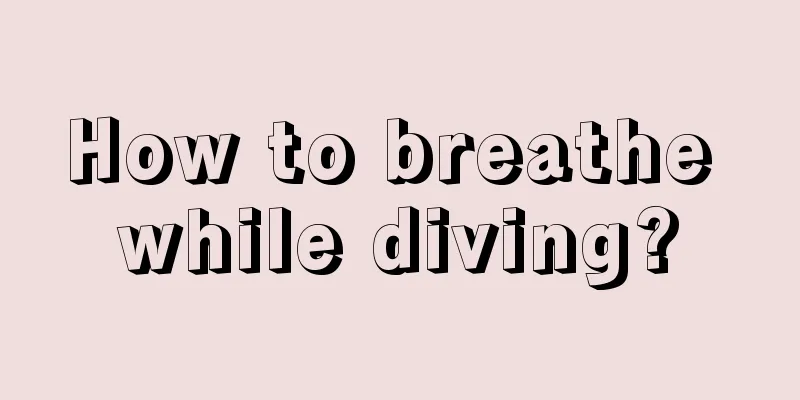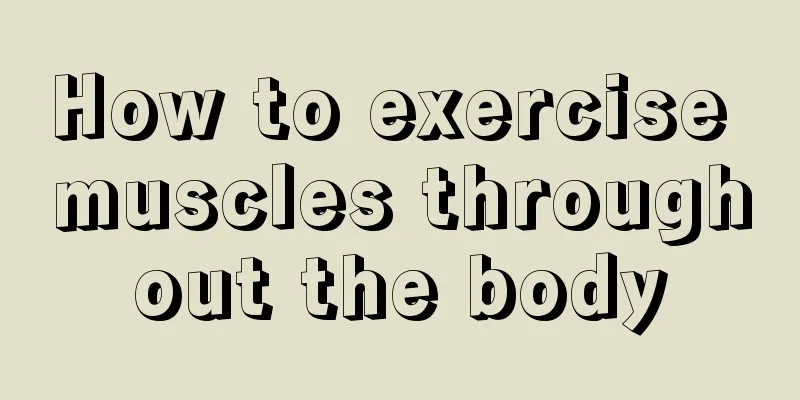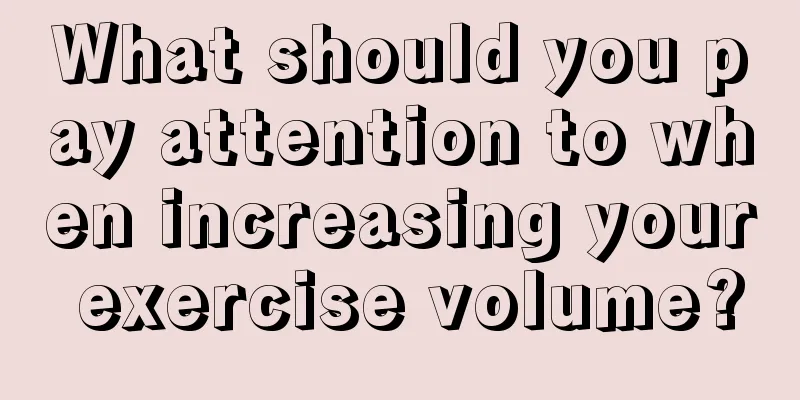How to breathe while diving?

|
Many people try to breathe while diving, but we all know that if our nose touches the water, it will be very difficult and troublesome for us to breathe. Some people even want to achieve the desired effect, so they keep exercising in the water every day, but they don’t know that there are many tips for breathing while diving. So how should we breathe when diving? Slow and deep breathing is the most efficient way to survive underwater------ Because the air density increases underwater, the breathing rate must be slowed down in order to reduce gas eddy resistance and friction. The next step is to deepen your breathing. Because the volume of the dead space is certain, after deepening your breathing, the amount of fresh gas passing through the alveoli increases, and the oxygen needed by the body and the carbon dioxide eliminated can be completely exchanged. Naturally, the brain will not issue instructions to the chest muscles to speed up the breathing rate of the lungs! There is another key point: deeper exhalation - for example, assuming that the total volume of the lungs is 2L, when you exhale to 1L left, the brain gives an instruction to the lung muscles: OK! It's enough for the next ventilation! You can inhale! In fact, there is still 1L of "old" gas in the lungs that has not been discharged, which will only reduce the efficiency of gas exchange during your next ventilation. We must "deliberately" try to expel the old air as much as possible, provided that we feel comfortable, rather than using all our strength to squeeze out the gas. Excessive force will cause the smaller bronchi to collapse and block the alveolar channels, which in turn blocks the air channels of the alveoli and disrupts the rhythm of your breathing! When inhaling, try not to "force" to inhale until you are full, which will cause the lungs to over-expand, increase positive buoyancy, and lose control of neutral balance. Another benefit of this breathing method is that it has a calming effect, just like practicing yoga, which is especially useful for divers who are afraid of panic and become overly nervous! This slow and prolonged breathing pattern (slow inhalation and slow exhalation) means that you can achieve better gas exchange efficiency underwater. An experienced diver, knowing the above reasons, will establish a breathing pattern that makes him relaxed and efficient. The external reflection is the gas consumption! Try using this method to help yourself breathe when diving. Be sure to make relevant preparations in advance, so that the effect of exercising your breathing while diving will be better. The breathing time can be increased each time you dive, and in the end your diving time will become very long. Don't be anxious, practice first. It is possible that at the critical moment, the breathing while diving will protect yourself. |
<<: What are the sports warm-up activities?
>>: What are the precautions for playing table tennis?
Recommend
Outdoor mountaineering bag
When traveling outdoors, in addition to choosing ...
What should I do if my thigh hurts so much the next day after squatting?
I believe that most people are very envious of a ...
What safety knowledge should you know about swimming in summer?
Now the hot summer is coming soon. I believe that...
How to train children in badminton?
We always do a lot of sports in physical educatio...
How to do the running preparation action
Running is a relatively good fitness exercise pro...
Can sit-ups reduce belly fat?
Sit-ups are a basic exercise that everyone is ver...
How to train chest muscles
How do we train our chest muscles in life? Many m...
How to train triceps strength?
The triceps are what our male or female friends w...
Can a girl practice yoga when she is menstruating?
There are more women who practice yoga. The reaso...
Yoga moves for slimming belly
Since our eating conditions are better than befor...
How to build muscle
With the continuous improvement and change of lif...
What are the main yoga poses?
Yoga is popular among many female friends. Practi...
How to slim down your legs and buttocks effectively?
Girls all want to have a good figure, so that the...
Playing table tennis solves a "need" for women
Appropriate exercise can help regulate menstruati...
How to do full body weight loss exercises?
People may spend a lot of time at work and theref...









